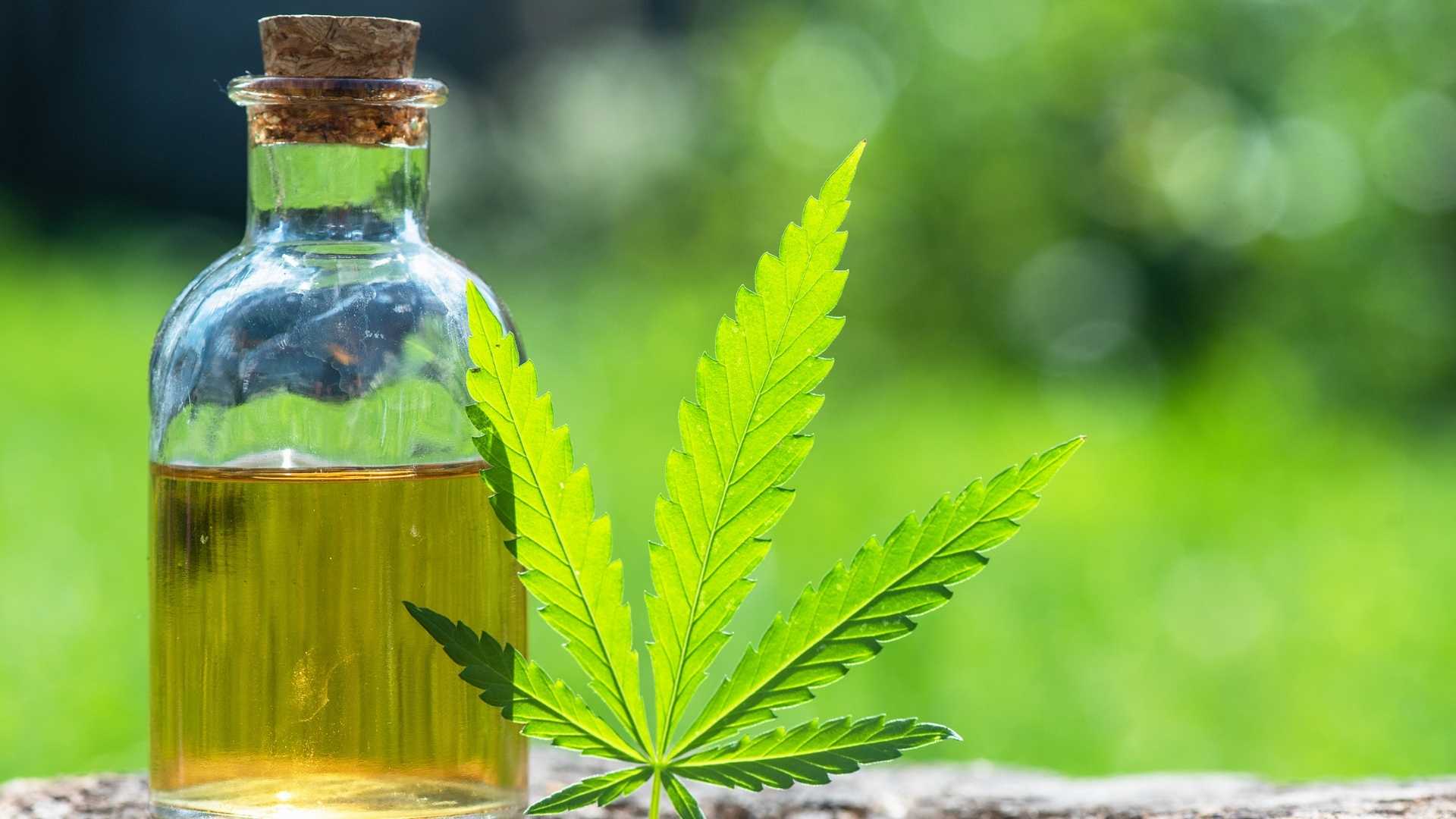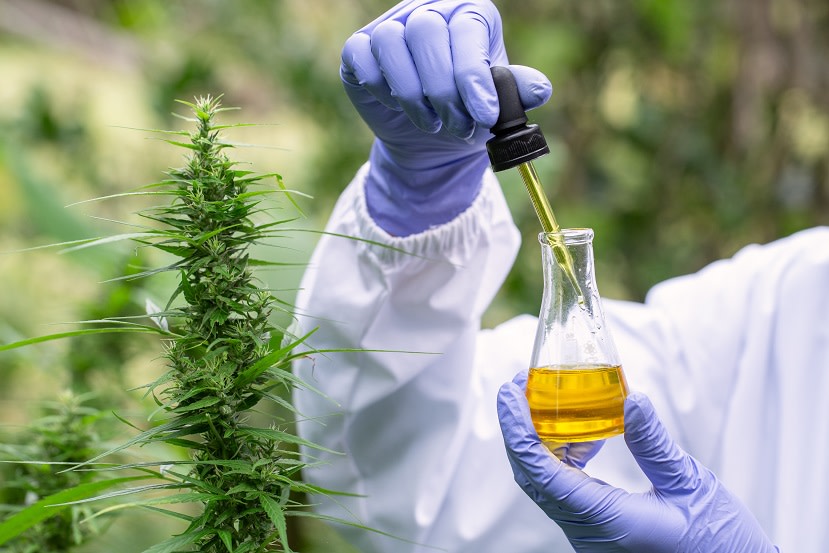
Recent years have seen various countries starting to legalise the sale and usage of cannabis products. As a result, news about CBD is everywhere you look. The newfound popularity of CBD isn’t for naught, as several new medical research studies are supporting some of the long-acclaimed benefits of utilising the compound in its various forms.
You’ve probably already been recommended CBD by someone you know and may be considering trying it for yourself. CBD oil is often readily available if you live in an area where it’s legal, but you may be concerned about the effects of this on any other medication you’re taking.
What Is CBD Oil?
Cannabidiol, typically referred to as CBD, is a chemical compound found in the marijuana and hemp plants. It’s different from tetrahydrocannabinol (THC), which is responsible for the psychoactive effects associated with marijuana. CBD doesn’t have psychoactive effects like THC and instead has the potential to help with a wide range of physical, mental, and emotional problems.
CBD is obtained through an extraction process that takes the cannabidiol compound from marijuana or hemp plants. The compound is then diluted into a carrier oil, like coconut oil, olive oil, MCT oil, avocado oil, or hemp seed oil. The result is what’s commonly known as CBD oil, which you can often find in various concentrations of CBD.
CBD is legal in Australia, provided that it’s at least 98% cannabidiol and is prescribed by a medical professional. While over the counter CBD is technically legal in Australia, there are currently no products that have been approved for over the counter sale by the Therapeutic Goods Administration (TGA).
Different brands may produce varied qualities of CBD oil. Should you choose to try CBD, it’s essential to do proper research on the brand and its reputation. Fake, unregulated, uncertified, or unsafe CBD products have appeared on the market alongside legitimate products. Do your research and find a reputable brand to ensure you’re sourcing the best CBD oil Australia has to offer.
The Benefits Of Taking CBD
If you haven’t tried CBD yet, you may find yourself wondering why exactly you may want to. Although medical research on the topic is still young, the consensus of existing research seems to suggest that CBD may offer some medicinal benefits.
1. Mental Health
Research has found that CBD may prove an effective treatment for mental health disorders such as anxiety and depression . It is also believed that as CBD is an all-natural product, that may reduce the risk of developing adverse side effects when compared to other medications.
2. Pain Relief
Pain management is one of the oldest and most recommended applications of CBD, and medical research is starting to back up these claims. CBD may relieve pain that could be chronic or acute, or resulting from conditions such as arthritis or multiple sclerosis. Animal studies have shown that CBD may interact with the endocannabinoid, inflammatory, and pain sensing systems within the body. Unfortunately there are few if any wide ranging studies to prove the pain relieving efficacy of CBD on humans. It is also highly recommended that CBD is not used as the first line or only method of relieving pain.
3. Sleep
Building on the previous two points, the effects of CBD may be physically and mentally calming and/or relaxing. Even in the absence of physical pain and mental health conditions, taking CBD may potentially help to regulate stress. These effects may extend to improve overall sleep quality.
4. Neurological Disorder Treatment
Epilepsy, seizures, and Parkinson’s Disease are examples of neurological disorders. These disorders are caused by dysfunction in the way that the brain sends or receives signals. Using CBD to treat neurological complications is currently looking rather promising. The TGA (Therapeutic Goods Administration) has approved a drug containing CBD, called Epidiolex, for the treatment of seizures associated with Lennox-Gastaut syndrome (LGS) or Dravet syndrome (DS).
Keep in mind that not all of these benefits have been conclusively proven by medical research, but science-backed evidence seems to be increasing.
Can CBD Interact With Medications?
Is CBD safe to take along with other medications? Many of those considering using CBD to treat existing ailments are likely already on prescribed medication.
CBD may interact with other medications. This is not necessarily the case with all medications, but the possibility should always be something you check before using CBD.
CBD isn’t psychoactive in the same way as THC is, so it’s doubtful you’ll experience any adverse psychoactive effects from taking it, even in conjunction with other medications. CBD that can be prescribed or sold legally in Australia must be at least 98% cannabidiol. That said, vehicle CBD isn’t psychoactive itself, it may interact with other medications to produce or enhance psychoactive effects.
Doctors keep record of any drugs you’re currently prescribed to ensure they never prescribe medicines that may be contraindicated or interact negatively with each other. CBD is still considered a drug from a medicinal standpoint. It fits no differently into this equation than any other drug you may take.
How exactly CBD may influence every drug compound isn’t fully understood but it appears that CBD may increase or decrease the efficacy of some drugs. This may result in too much or too little or too much of a prescribed medication being absorbed. Having elevated or inhibited concentrations of prescribed meds may lead to unforeseen side effects.

Is There A Workaround?
There’s no way to circumvent the interaction of CBD with other drugs except by avoiding it altogether while taking prescribed medication. Otherwise, the best choice may be to wait until you have confirmation that it’s safe to take both simultaneously.
That doesn’t mean CBD will interfere with every possible medication you could take, but you should always seek medical advice before considering CBD. While all contraindications are not currently known, there are a number of medications that have been identified that may have severe or negative side-effects when combined with CBD.
The risk of CBD interacting with prescribed drugs is real enough that it warrants a visit to a doctor before trying it. Your doctor will have records of your medical history and which medications you’re on. They’ll be able to help you understand whether taking CBD would pose a risk to you or not. It’s better to ask for help and remain safe than deal with complications later on.
If you need to schedule an appointment to see a doctor, for a prescription or to get advice on whether CBD may interact negatively with your current medications, the fastest and easiest way to search for and book healthcare appointments online is at MyHealth1st.com.au